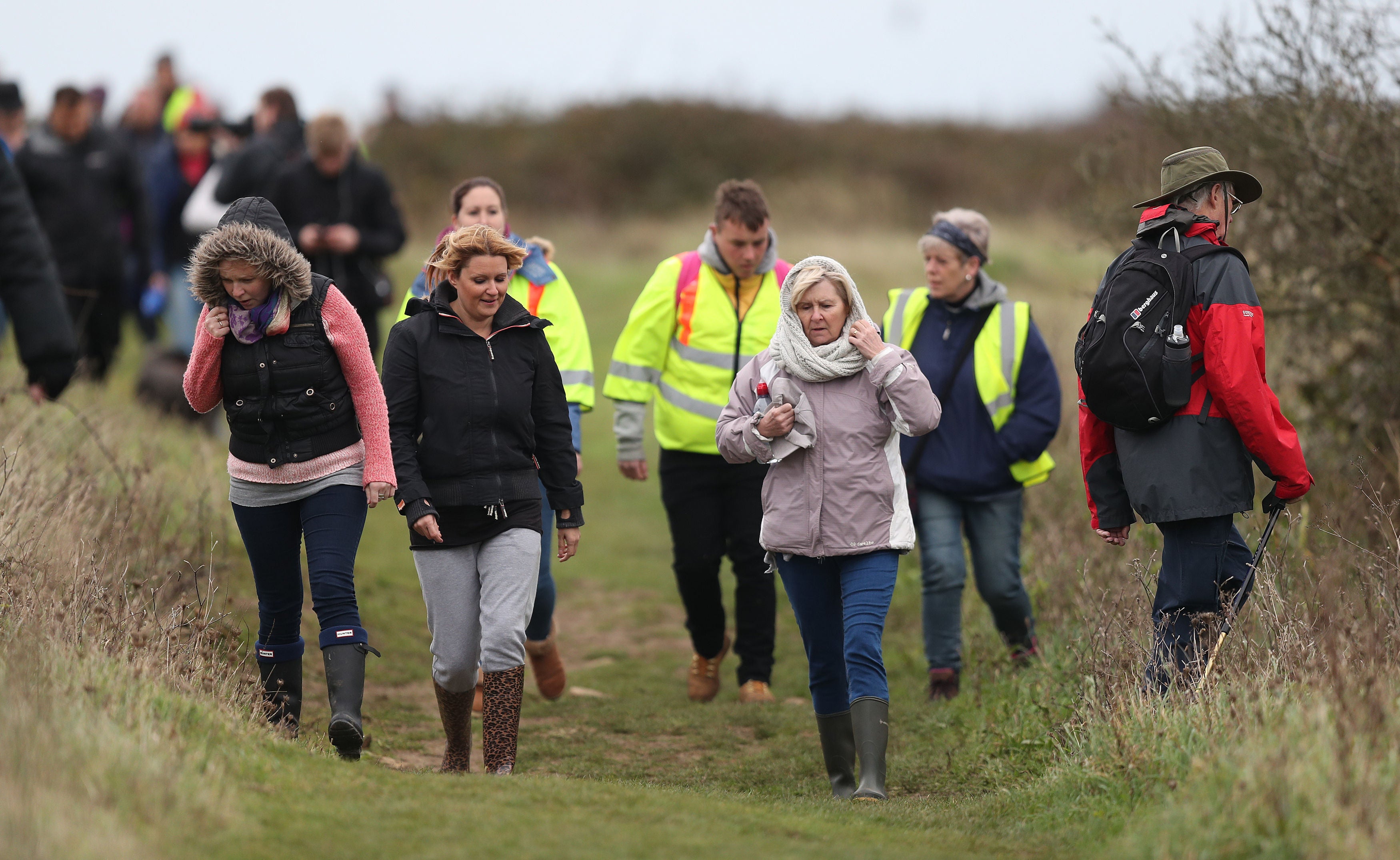
The family of Gaia Pope-Sutherland have criticised the police after an inquest found she had died from hypothermia hours after running away from her home while suffering a mental health crisis.
They said Dorset Police had failed the teenager when she reported she had been raped and also failed her in the first two days after she went missing in Swanage in November 2017.
The 19-year-old’s family blamed a decade of austerity cuts and called for the force to create a specialist unit to investigate rape and serious sexual offences.

“For two years, they did nothing but fail Gaia. They failed to prosecute her rapist. They failed to treat her with respect,” cousin Marienna Pope-Weidemann said.
“They failed, as did Dorset Healthcare, to take safeguarding action or offer support with continuing harassment from the known child sex offender she had reported for rape and threats to kill.
“Gaia’s story epitomises all that is wrong with British policing and cuts to the heart of why public confidence has never been so low.”
Dorset Coroner’s Court heard Miss Pope-Sutherland, who suffered from severe epilepsy, was reported missing from her home in Swanage on November 7 2017.
A search operation was launched and on November 18 her body was found by police search teams in undergrowth between Dancing Ledge and Anvil Point, close to the Swanage coastal path.
A few missed opportunities might be human error, this many are not— Marienna Pope-Weidemann
An inquest jury found she had died from hypothermia within 18 hours of first running away and that her mental health and mental state on the day she disappeared “probably caused or contributed more than minimally” to her death.
The Pope-Sutherland family also criticised the decision of senior coroner Rachael Griffin to direct the jury not to consider the accepted police failings as contributory factors in her death.
“It is a shocking indictment of the inquest system that before the inquest even started so much of Gaia’s story was excluded and then later that the majority of evidence heard by the jury, including the police failures in the search, was taken off the table for them to consider at all,” Miss Pope-Weidemann said.

“We remain concerned this was not the full and fearless investigation we were promised, and perhaps that is the single greatest opportunity, missed.
“A few missed opportunities might be human error, this many are not.
“This many can only be seen as the wreckage left by a perfect storm of unchecked misogyny and a decade of austerity cuts, which have brought our public services to their knees.”
The coroner said she would be writing preventing future death reports to the Health Secretary and local NHS bosses with her concerns about epilepsy care, resourcing and communications.
She will also be making a report to Dorset Police with her concerns about missing person policies and the use of internal computer systems.
The College of Policing will also be contacted about concerns over training for officers dealing with people suffering from epilepsy and mental health problems.
During the 11-week inquest in Bournemouth, the court heard the teenager had been diagnosed with post-traumatic stress disorder after revealing she had been drugged and raped by a man when she was 16.
At the time of her disappearance, she was anxious about his imminent release from prison for unconnected sexual offences.
The inquest heard police had accepted there were several failings in the hunt for Miss Pope-Sutherland, such as delays to logging her as missing and grading her as “medium risk of harm”.
Search records on the force’s computer system were also retrospectively altered.

The college student had spent several weeks in hospital in February and March 2017 – where she was sexually harassed by a patient – having been sectioned under the Mental Health Act.
She was further assessed in Poole Hospital in the October after her mental health worsened but was later discharged and sent home without any community support.
Dorset Police said it had sought to “identify and deliver” improvements in its organisation following Miss Pope-Sutherland’s death.
Assistant chief constable Rachel Farrell said: “We make a commitment today that we will act swiftly on any learning that has not already been part of our improvement programme.
“We recognise that as a force our immediate response to the missing person enquiry should have been better managed.
“Gaia and her family did not receive the service they should have had after her disappearance. We should have done much better especially during those first 48 hours and for this we are truly sorry.”







